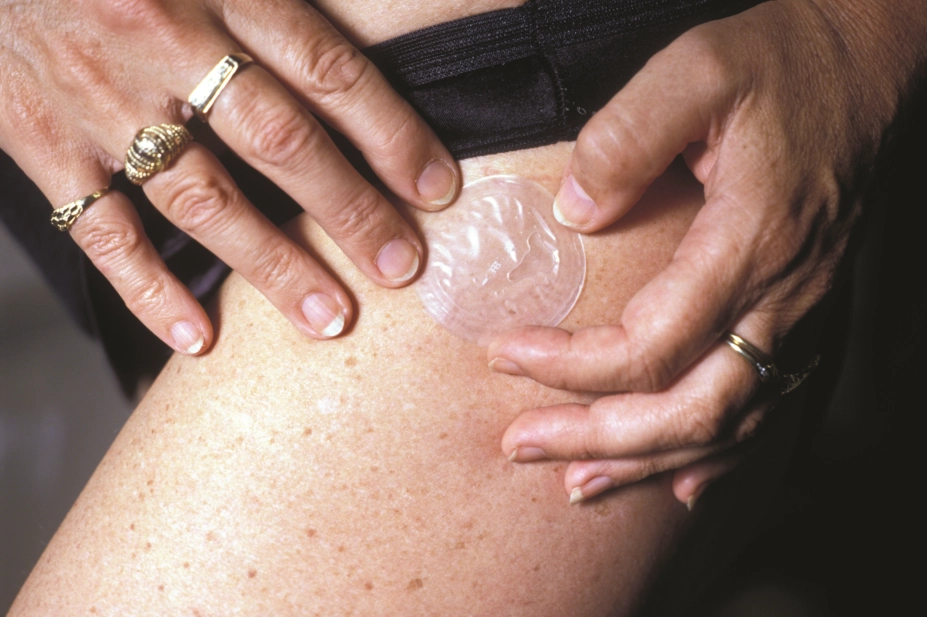
Janine Wiedel Photolibrary / Alamy Stock Photo
Women who use hormone replacement therapy (HRT) to treat symptoms of the menopause should be vigilant for signs of breast cancer, even after stopping HRT, the Medicines and Healthcare products Regulatory Agency (MHRA) has advised.
The advice follows a study, published by The Lancet on 29 August 2019, which found that women who use HRT for more than one year have a higher risk of breast cancer than women who never use HRT.
The known risk of breast cancer falls once HRT is stopped, but the study shows some increased risk remains for more than ten years when compared with women who have never used HRT.
The MHRA said there was “no need for urgent action” but women who use, or are planning to use HRT, “should be aware of these new findings when considering their HRT use at their next routine appointment”.
Women who have previously used HRT should be aware of any signs of breast cancer and see a doctor if they notice any changes in their breasts, the MHRA said. It is also important for all women to go to breast screening when invited, it added.
The advice from the MHRA is that HRT should only be initiated for relief of menopausal symptoms that adversely affect quality of life. Women should use the lowest effective dose of HRT for the shortest duration and HRT should only be continued as long as the benefit in alleviating menopausal symptoms outweighs the risks associated with treatment.
In the study, researchers at the University of Oxford examined data from 58 worldwide studies into menopausal hormone therapy (MHT), which involved more than 108,000 post-menopausal women who went on to develop breast cancer. More than 55,000 women (51%) had used MHT, researchers found.
Every type of MHT, except vaginal oestrogens, was associated with excess risk of breast cancer, which increased steadily with duration of use and was greater for oestrogen-progestogen than oestrogen-only preparations, the study showed.
Sarah Branch, deputy director of the vigilance and risk management of medicines division at the MHRA, said: “Women should be aware of this new information, so that it can be considered with the other risks and benefits of using HRT.”
She advised women to talk to their healthcare professional if they had any questions, and said the MHRA was “communicating this new evidence to patients and healthcare professionals”.


